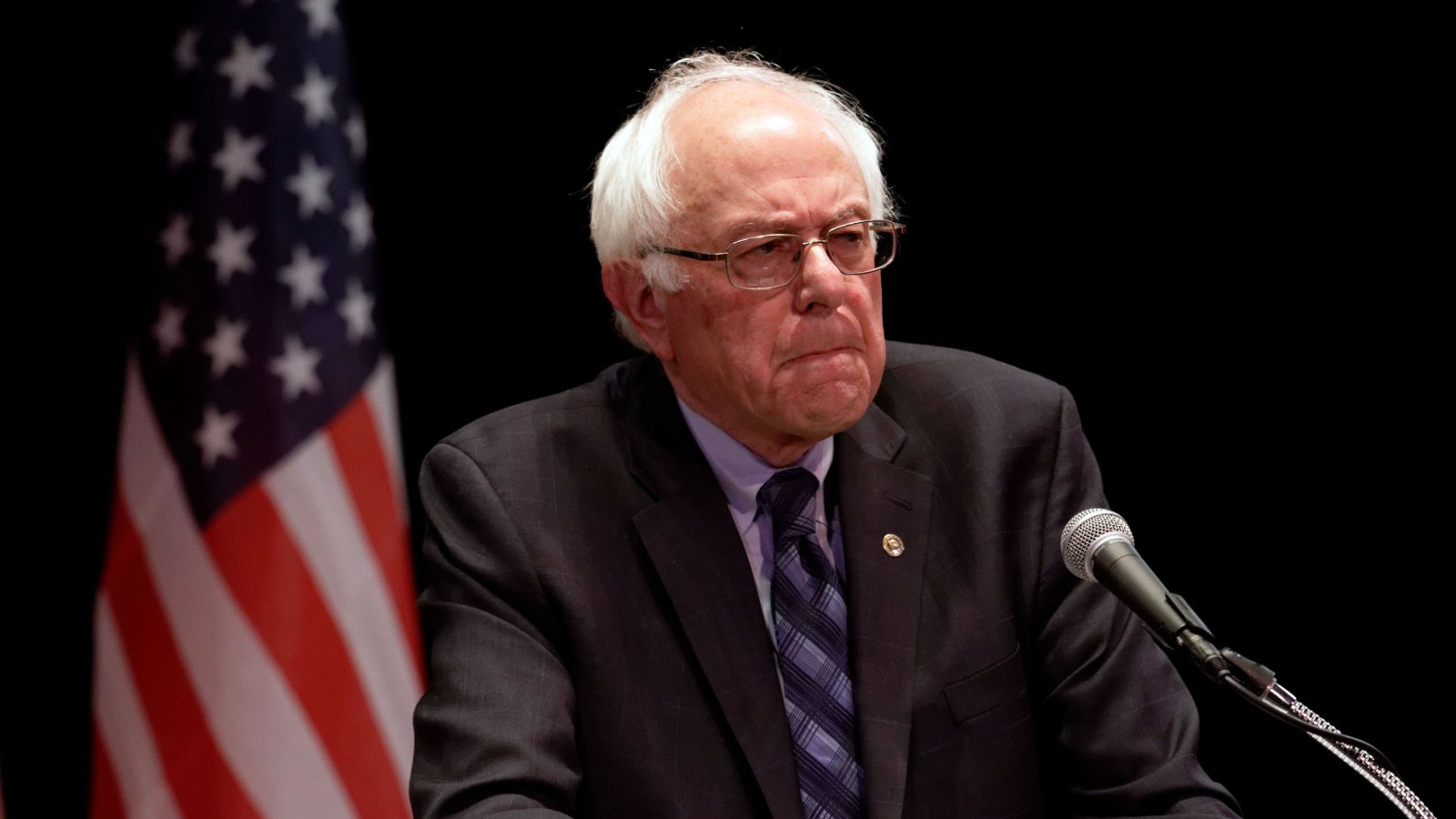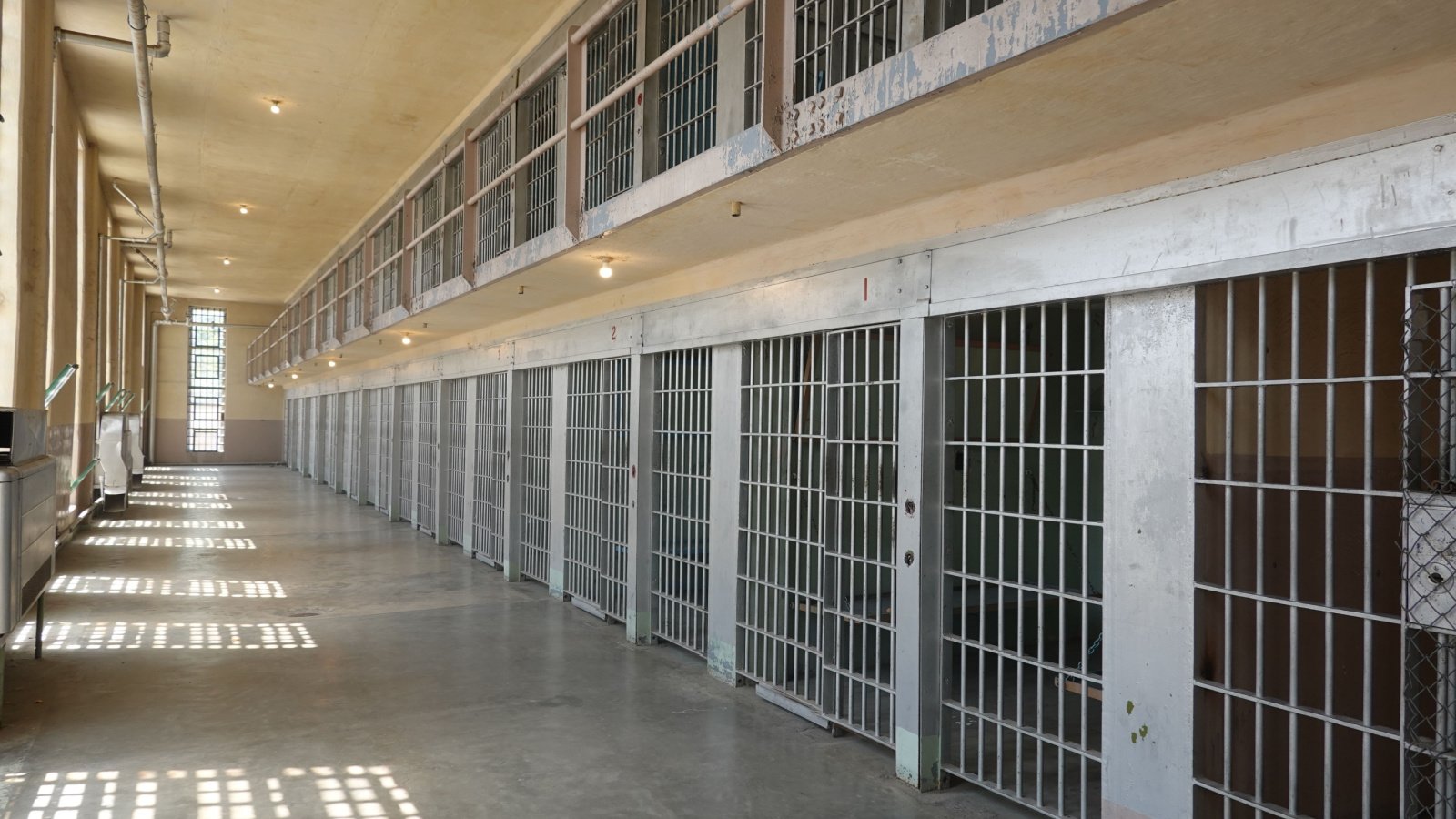A shocking and dismaying new survey reveals that only 4 percent of U.S. retirees feel that they are “living the dream,” with 4 percent more stating they are “living the nightmare.” Among retirees in a Schroders survey, 44 percent feel comfortable financially, 34 percent find their financial situation average, and 15 percent express they are struggling financially.
On the top and bottom book ends, only 4 percent consider their lifestyle a “dream” or, conversely, a “nightmare.”
Challenges Posed by Inflation and Expenses

The Schroders survey queried 2,000 adults, 500 of which are retirees. The factor most likely leading to the financial feeling expressed by retirees is sustained high inflation and rising prices.
Ultimately, retirees are worried that their savings and investments will not sustain them at their current rate, a terrifying prospect for many and a dismaying reality for individuals who worked hard for decades to be able to retire in their old age without worrying about running out of money.
Concerns about Inflation, Financial Downturns, and Healthcare Costs Eroding Savings

In addition to the concern that inflation will erode the purchasing power of their fixed incomes and assets for 89% of retirees sampled, seniors are also concerned about their future healthcare costs. Finally, like all investors, seniors also worry about market downturns as their time horizon is more limited than when they were younger.
The Concept of a Retirement Crisis

As the demographics of the country shift and the largest baby boomer generation settles further into retirement age, a public discourse around retirement savings is emerging, with indicators of a crisis flashing.
National Institute on Retirement Security Statement

The National Institute on Retirement Security claims that the retirement savings crisis has already arrived due to insufficient savings and a dearth of formerly substantive employer retirement plans, which have hollowed out in recent years.
Decline of Defined-Benefit Pension Plans

In previous retirement cohorts and generations, employers often provided defined benefit pension plans to retirees who dedicated years of service to an entity. Now, the norm has shifted to defined contribution plans, which employees are responsible for contributing to and funding to ensure adequate savings at retirement age.
Shift Toward Personal Responsibility-Based Defined Contribution Plans

Some blame the shift from defined benefit plans to defined contribution plans for the current shortfall in retirement readiness and savings. Today, fewer individuals retiring have pension plans to fall back on, compared to previous retirees.
Differing Opinions on Crisis

While some organizations and retirement specialists, and the Schroder survey suggest significant financial insecurity among retirees, other organizations such a the American Enterprise Institute (AEI) do not agree that a crisis exists to the magnitude claimed by others.
Andrew Biggs at AEI claims that there is no data that points definitively to widespread retirement insecurity. Rather, according to Biggs, many seniors report living modestly but comfortably with some savings at their disposal.
Expectations vs. Reality in Retirement Savings

What Americans say and what they do in terms of saving for retirement are often misaligned. For example, surveys show that Americans believe they need to have over $1.5 million saved for retirement. In reality, many retirees save much less, and many retirees leave the workforce with less than $50,000 saved.
Social Security and Medicare Pressures

For over 15 years, politicians have warned that Social Security and Medicare will run out of money, leading to rationing of benefits and individuals not being able to access services they contributed to when they were working.
Still, current retirees are relying on these government programs, and their electoral power is such that no major political candidates from any party are willing to alter the benefits of the program and risk the ire of the electorate. Thus, Social Security and Medicare will likely remain irreparable problems until the point of insolvency is reached and the issue comes to a head.
The Devil You Know is Better Than The Devil You Don’t Know

The instability and unknown are scarier than the loss of benefits in many ways for retirees, who could otherwise plan ahead to accommodate any changes. Altering the programs could at least give the workforce a decade away from retirement some data and numbers to plug into their retirement planning worksheets, thereby demystifying the financial projections for the future.
Potential Actions for Individuals

Due to the uncertainties in the government programs as well as in the economy at large, many financial advisors recommend people approaching retirement delay drawing Social Security benefits to maximize their payouts and increase savings. Additionally, most financial advisors indicate that future retirees rely on compound interest to grow their savings over time without additional effort.
Public Debate on Retirement Policies

If you ask two policy experts or financial advisors whether a retirement crisis exists, you may get two different answers. The question sparks heated debate, with some social safety-net advocates angling to increase financial benefits for retirees, with fiscal conservatives urging for less spending and lower taxes so individuals can choose how they want to invest their own earnings to prepare for the future in the most efficient way possible.
Most agree that Social Security, while providing an important source of income to the elderly and disabled, is not nearly as efficient an investment mechanism as private retirement savings vehicles.
Public Confidence in Retirement Preparedness

Even among the Schroders survey of American individuals and retirees, respondents were divided on the topic of retirement preparedness. Fewer than half of the respondents believed they had enough money saved for retirement. It is worth asking if those same individuals felt any particular amount of money would be “enough” given the instability of the economy and financial markets in the short term.
Importance of Individual Responsibility

Retirees of past generations once relied on their longtime employers to provide benefits through their old age. Now, responsibility for retirement preparedness has transferred to individuals themselves. With this shift, Americans may need access to more training and information to ensure that they can live with dignity and comfort into old age.
Broader Economic Implications

While the question of retiree comfort is a significant question in and of itself, it is also instructive to look at how the financial self-reliance of retirees will impact the economy as a whole. What will be the impact of a generation of underfunded retirees?
Public resources and safety nets that have heretofore not been intended as a primary source of income for the elderly may need to be expanded, especially if social security is no longer a certain source of income for retirees.







